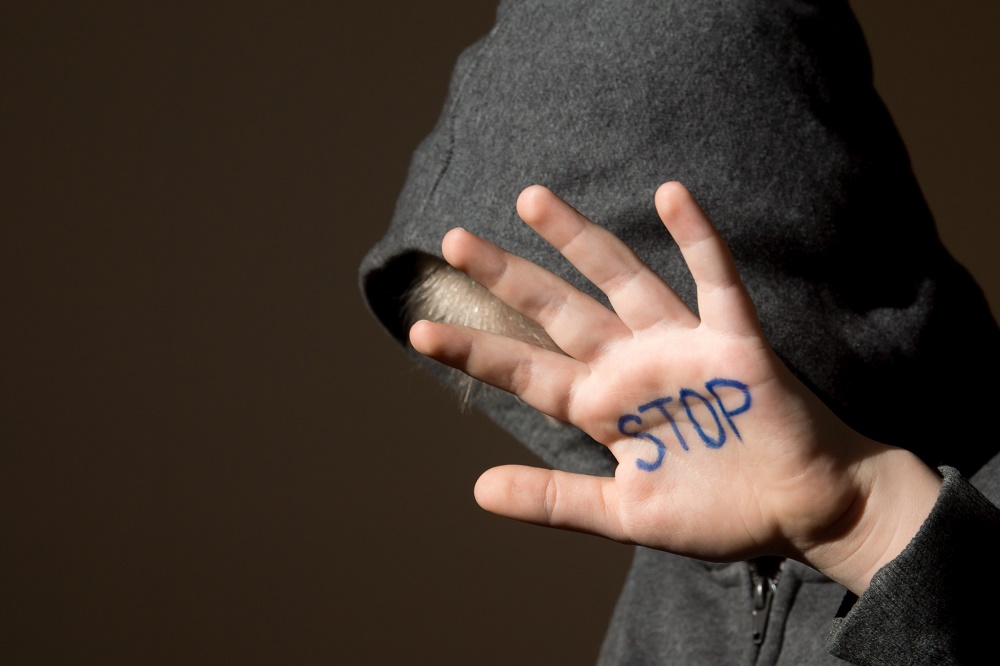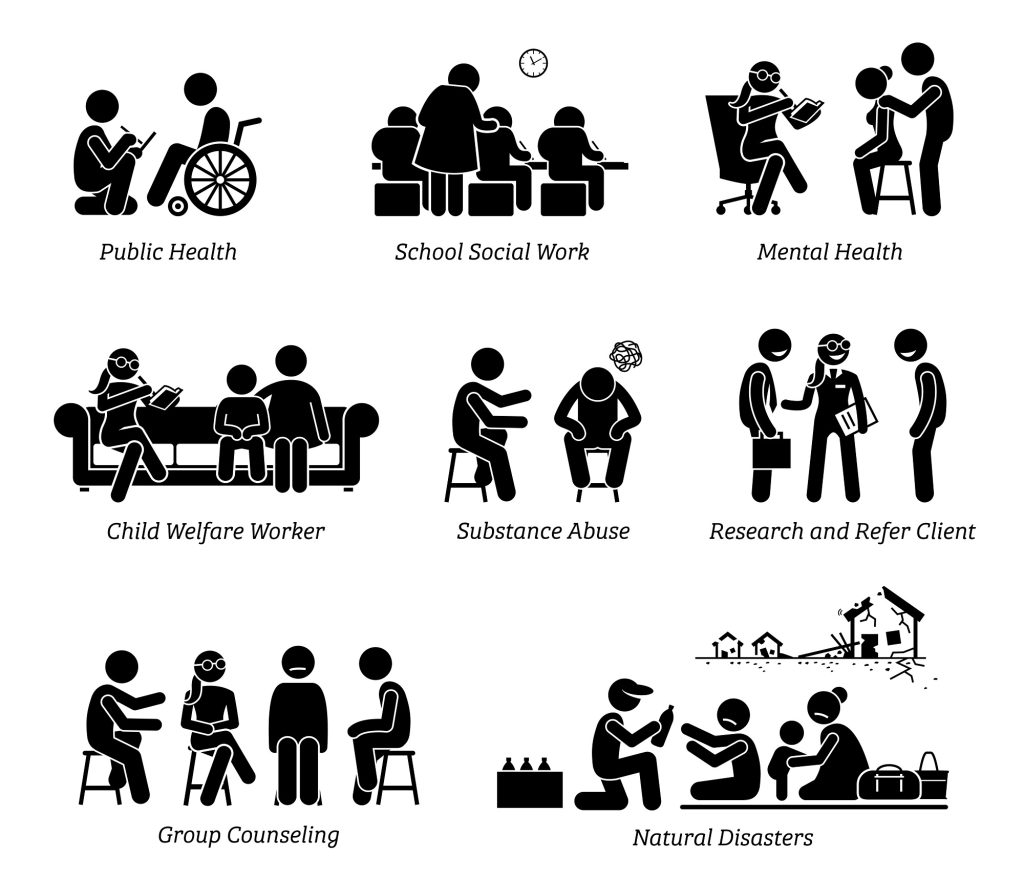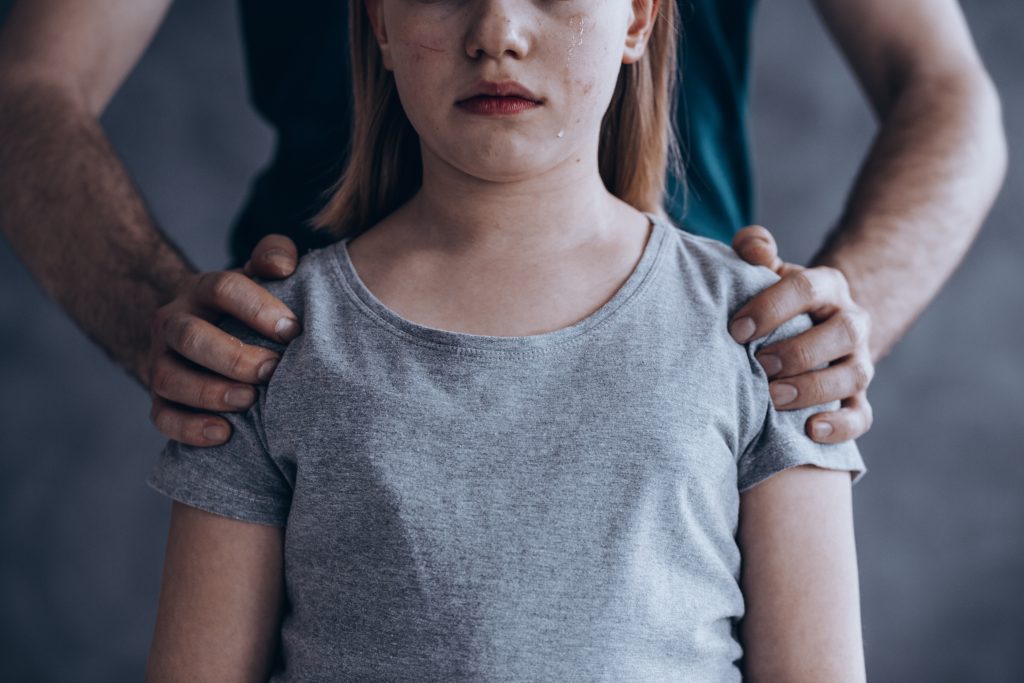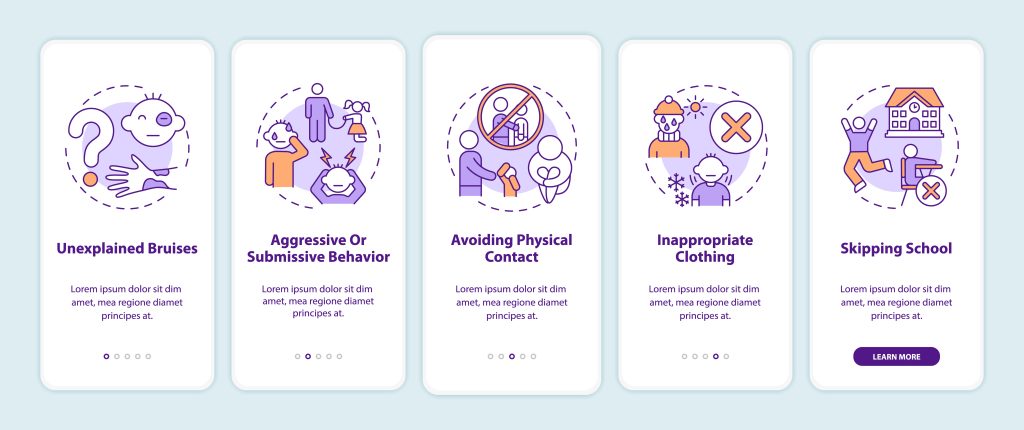
Learn Boundaries
Sexual Tendencies Offense Prevention 4-Hour Course
WHO BENEFITS?
Organizations, Professions, and Individuals that Serve a Population who’s at a Higher Risk of Experiencing or Inflicting Sex Crimes.

Sexual Tendencies Offense Prevention
- Courts and Judicial System
- Health Care Agencies, Home Care Agencies, Group Homes, and any Senior or Minor Environment
- Child Education Facilities such as Schools
- Child Daycare and Senior Daycare Agencies
- Senior Homes, Rehab, and Therapy Facilities
- Sports and Athletic Clubs and Teams
- Welfare and Social Workers
- Law Enforcement and Legal Professional
- Health Care Workers
- Churches and Assembly where Children Gather
- Boarding Schools and Summer Camp
Course Overview
I. Rational:
Serves as an Educational Course to Help Prevent Sexual Offensive Behavior and Reduce Repeat Criminal Sexual Offences:

Redirect bad tendencies and avoid hurt and consequences.
With the constant increase in the sex offenders population, more and more individuals wind up in correctional institutions for committing sex crimes “sex offenders”. This also means an ever-growing sex offenders registry and an even greater challenge for the legal system to provide effective resources that help prevent second-time sexual offenses. This is where the “S.T.O.P Education Program” taught in correctional institutions, serves as a great and effective resource. The S.T.O.P Program would be offered to individuals charged or convicted of a sex crime. The course can be taken during their time at a correctional institution, prior to being released, or court-ordered by the justice system as a required step prior to closing the case.
Offered as a Preventative Course for Professions Associated with Sports and Athletes:
More and more child sexual abuse cases and crimes are surfacing within the sports and athletic community. Practicing prevention would be the most effective tool to help decrease the percentage of these crimes. The “S.T.O.P Education Program” is an impactful prevention course offered to coaches and sports staff to help prevent and reduce the number of incidents that have been causing lasting damage to the victims, their families, and the educational institution. The course provides tools to help individuals; identify their own sexual weaknesses, resources for practicing respectful boundaries, information on the consequences associated with sex crimes, and resources on how, when, and where to report or seek help for sex crimes.
Court-Ordered Sexual Abuse Prevention Program:

Say no to urges and say yes to safe space.
When facilitated, the “S.T.O.P Education Program” can be quite effective in the court system for individuals charged or convicted in child neglect and sexual abuse cases. The implementation of this program\ within the legal and educational system would help to minimize the number of repeat offenders but also impacts the number of first-time sexual offenses. Sexual Abuse can often be prevented if the ignorance towards legal implications is targeted and resources on the topic are provided to those experiencing unhealthy sexual tendencies. This course would be most effective when taught to educators, parents, and families of children in a welfare situation, foster parents, and blended families through mental health or pastoral counseling professionals, including churches.
Prevention and Awareness Education for High-Risk Professions:

Identify victim behavior
Offering the STOP Program to professionals in these fields: law enforcement, mental health, human services, and the public school system, brings great awareness, equipping them with the tools and resources necessary to educate and prevent sex crimes. professionals will be able to increase their understanding and better identify sex crimes, potential victims of sexual abuse, and potential offenders. The course offers an in-debt look at resources that are available to both victims and offenders for prevention and treatment.
For Guardians and Parents Wanting to Safeguard their Children from Experiencing Sexual Abuse or Infliction of Sexual Abuse:

Breaking the silence
While rehabilitation is very effective and beneficial to all parties; we strongly believe that prevention is even greater. Preventing crimes before they happen not just saves victims from a lot of pain and trauma but potential offenders and their families from mutual pain, trauma, and punishment as well. The punishment for such crimes is very harsh and no parent wants to see their children become victims of these cases on either side. Being able to identify and redirect sexual behaviors, patterns, and tendencies that could lead to an offense is the key. The program provides individuals with the tools and resources necessary to help prevent and protect children in their care from sexual crimes. This program is only suitable for individuals 18 years of age and older or individuals legally deemed to be an adult.
II. Benefiting Institutions:

S.T.O.P Education Program is effective in many settings. The program is very beneficial in preventing repeat and first-time sex offenses. The program is offered within correctional institutions, juvenile facilities, workplaces, community outreach programs, churches, and educational institutions. The “S.T.O.P Education Program” is ideal for any individual who could be at higher risk of committing sex crimes, sexual harassment, parental neglect, or child abuse. This program is also very beneficial to those working in law enforcement, human services, the public school system, and the mental health profession, in becoming active, well-informed participants in the prevention community.
III. Course Aim and Learning Outcomes:
Upon successful completion of this course, each participant will:

1. Understand what is unhealthy sexual tendencies 2. What are the different types of sex crimes 3. Receive the basic tools to identify and report sex crimes 4. Understand the signs and behavior of those who are potential victims or offenders 5. Gain a better understanding of the long-lasting effects sexual offenses cause to victims, offenders, institutions, and the legal system. The course utilizes real public cases, real-world experiences, historic data, behavioral health techniques, and psychological resources, and makes available access to medical and psychological experts.
IV. Format and Procedures:
This course incorporates lectures, group projects, discussions, and an assessment. By the end of the course, each participant should be able to define a sex offender, give an example of a crime that would be considered a sex crime, know how to report sex crimes or offenses, and be fully aware of the consequences associated with committing these type of offense. This course is an instructive course offered in a classroom instructor-led atmosphere or a virtual, online classroom atmosphere, by an Emet Global-approved facilitator. During which:
- Attendees are expected to log into the course or arrive in the classroom at least five minutes before the start of the course.
- Each attendee is required to be respectful of the facilitator, other attendees, or any staff members associated with facilitating this program.
- This course requires full participation to achieve a passing score.
- This program requires each employee to attend in its entirety.
- Each person must complete the following before being awarded a certificate of completion
- Lecture,
- Personal statement/Pledge,
- Participate in the Discussion Segment
- Group project
- Assessment
V. Founder’s Assumption of the S.T.O.P Educational Program
This program was founded by Nicole Gentles, a former victim of repeated sex crimes. She has written this course with the belief that this course is very fundamental and has the ability to decrease the number of individuals committing sex crimes. She believes the program is critical to organizations that are considered high-risk grounds for sex crimes and for organizations that fall in the category or have a responsibility to protect, treat and penalize for these behaviors. Ms. Gentles feels strongly from her own experiences, that with access to prevention-driven programs like the STOP Education Program repeat sexual crimes can be more often prevented. Her inability to access victim resources (post-trauma) helped facilitate a chain effect of “repeat offenses”. The founder believes there is a lacking of programs that provide “in-depth victim experiences, post-trauma” to the offenders. Her goal is also to fill the huge gap in educating human services professionals, law enforcement workers, education institution employees, sports and athletic professionals, sex offenders, and correctional institutions by facilitating programs to directly impact sex crime percentage.
VI. Course Requirements:
- 4 Clock Hours total.
- 1 Hour lecture
- 1 Hour Discussion
- 1 Hour Group Project
- 30 Minutes Assessment.
- 30 Minutes Personal Statement/Pledge
- The objective is for students to:
- Identify inappropriate sex behaviors
- Understanding the consequence of sexually offensive crimes
- Awareness of multiple types of sexually offensive crimes
- Knowing where and why to report sex crimes
- A new outlook and attitude toward respecting people and their body
- A pledge to always treat others with respect
- Have basic knowledge of the minimum punishment for sex offenders.
- Course Length- 4 Hours
- Course Cost- $69
- Delivery Method- Online Classroom, Live Webinars, In-Person for Large Groups
- Completion- Certificate of Completion (Printable)
VII. Inclusivity Statement
We understand that our audience and students represent a rich variety of backgrounds and perspectives. Emet Global Institute and the S.T.O.P program are committed to providing an atmosphere for learning that respects diversity. While working together to build this community we ask all students to:
- Share their unique experiences, values, and beliefs
- Be open to the views of others
- Honor the uniqueness of their colleagues, course mates or other students
- Appreciate the opportunity that we have to learn from each other in this community
- Value each other’s opinions and communicate in a respectful manner
- Keep confidential discussions (professional or legal) confidential.
- Use this opportunity together to discuss ways in which we can create an inclusive environment in this course and across all our training programs.
*Those highly recommended to take this program?
- Sex Offenders
- Child Sexual Abuse Cases
- Sexual Harassment Cases
- Athletic Coaching Staff
- Public School Teachers
- Law Enforcement Employees
- Mental Health Professional
- Public School Staff
- Human Services and Welfare Agencies Employees
- Child Protective Services Investigators